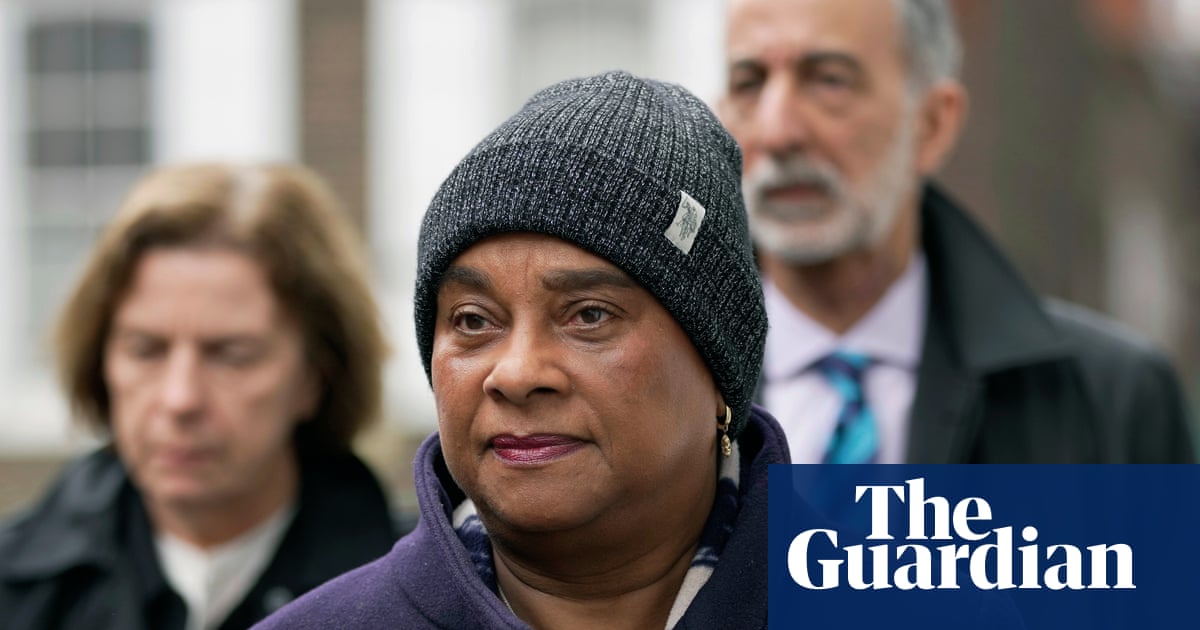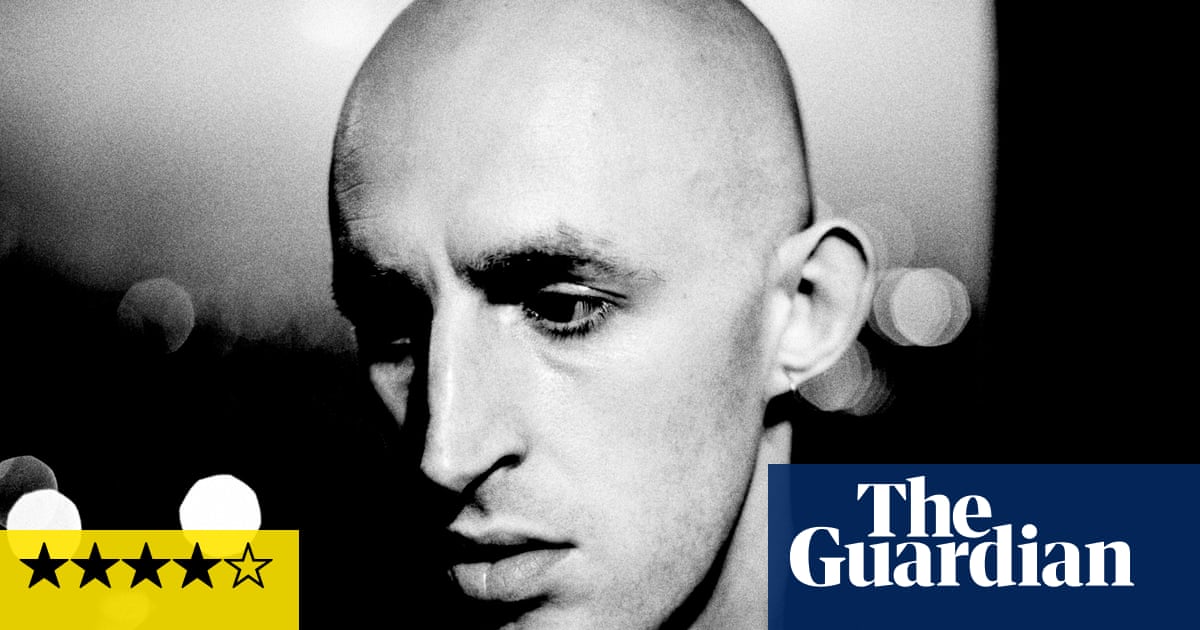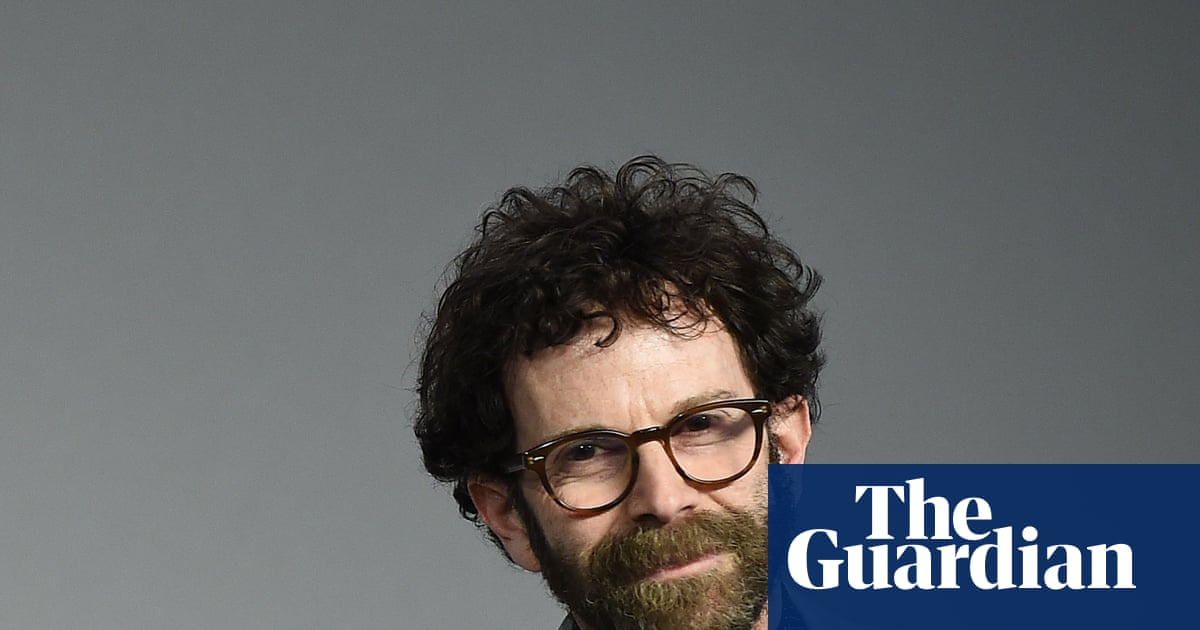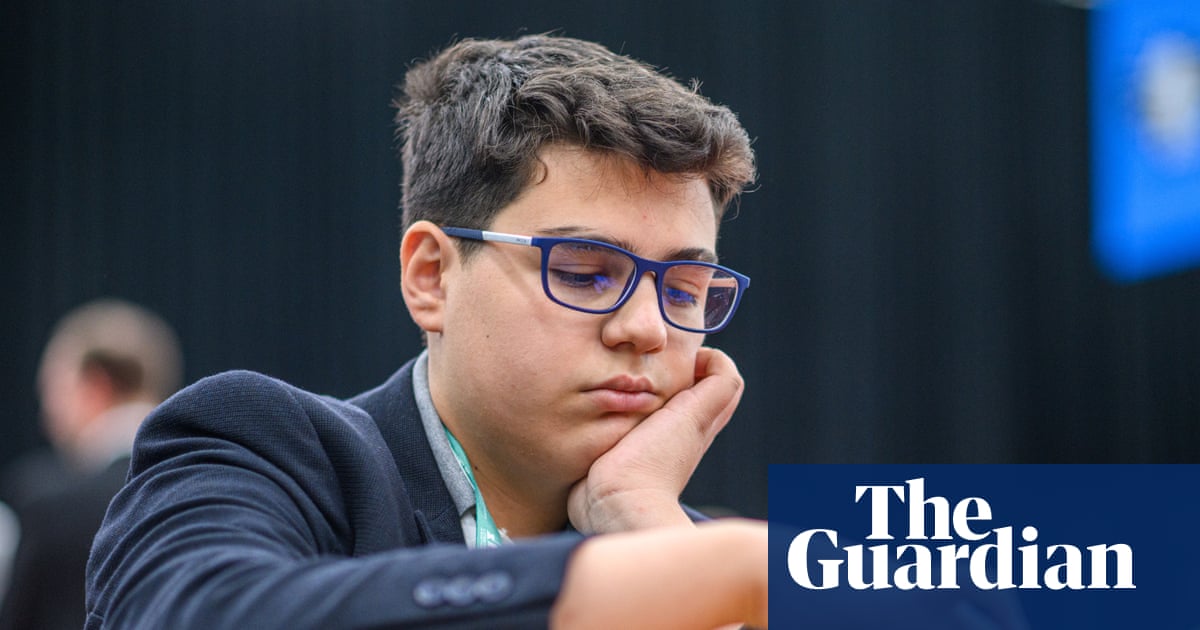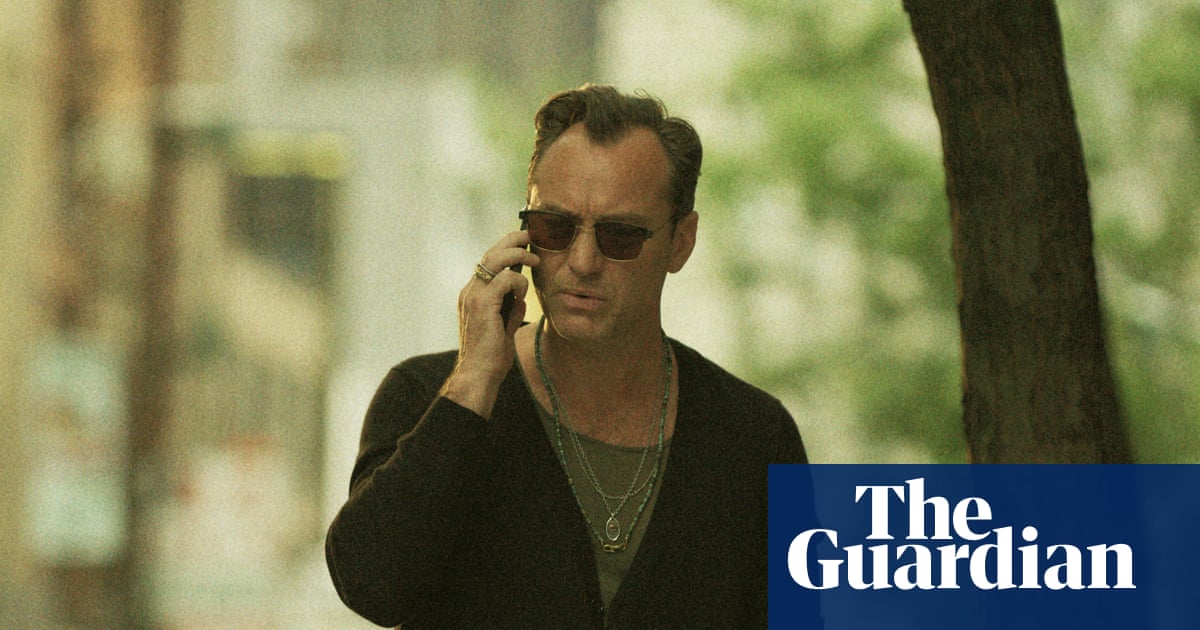Elizabeth Young has had her daughter’s Chinese name, Meh Yuk, tattooed onto her left arm.
“Beautiful Jade, the name her grandparents gave her,” the heartbroken mother told the New South Wales coroner’s court on Thursday, sitting close by her dog, Teddy, in the witness box.
Jade Young, 47, was killed by Joel Cauchi in Sydney’s Westfield Bondi Junction on 13 April 2024. The architect had been shopping with her daughter.
Elizabeth’s was the first family statement made on the final day of the coronial inquest into the shopping centre stabbing rampage that claimed six lives. It ended only when Cauchi, who had schizophrenia, was shot and killed by police inspector Amy Scott.
Over 20 hearing days, the inquest heard from 50 witnesses. The brief contained 51 volumes and 8,000 witness statements over 40,000 pages. On the final morning, throughout the packed courtroom, overflow court and media room of the Lidcombe courts complex, boxes of tissues had been placed within easy reach.
Unlike the “carefully measured objectivity” of the court proceedings, Elizabeth said, her words were a “distillation and a manifestation of anguish”.
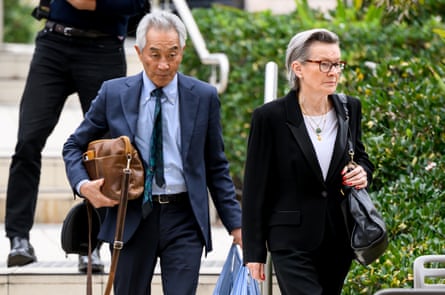
“I hurt so terribly that our lovely, loving, clever, compassionate, thoughtful, slightly goofy, funny, gentle girl no longer has the chance to be, to exist in the now,” she said, flanked by her husband, Ivan, son, Peter, and son-in-law, Noel McLaughlin.
“The moment he casually plunged that blade into Jade, our ordinary lives were shattered. I remember too easily, too often, with instant, nightmarish recall … that she is dead.
“I long for her.”
‘Piercing, bone-deep, soul-crushing agony’
Over the five weeks of the inquest, much has been said about the minutiae of active armed offender incidents, security protocols, emergency responses and the erstwhile medication regimen of a man who killed and injured 16 people in the “floridly psychotic” last five minutes of his life.
This week, state coroner Teresa O’Sullivan heard a side of the day’s horrors that had so far remained largely out of sight, as, one by one, the family and loved ones of the murdered had their say.
The parents of Yixuan Cheng, 27, described their grief as a “piercing, bone-deep, soul crushing agony that is beyond description, that follows you like a shadow”.
In a statement read in court by their barrister, Daniel Roff, Jun Xing and Pengfei Cheng described losing their only child, who had been “thriving” as a student in Sydney. The last time they saw her was the month before her death.
“Yixuan was the treasure of our lives … We aged overnight, our hair turned grey. We never had the chance to tell her that being her mother and father were the greatest gifts life gave us.”
Roff fought back tears as he read, as did barrister Sue Chrysanthou SC, who read statements from the family of 38-year-old Ashlee Good.
Muzafar Ahmad Tahir, the brother of Faraz Tahir, 30, told the court that Australia had given his brother a “sense of security”.
“None of us could have imagined that such a tragedy would befall him.”
The Pakistani citizen was on duty as a security guard inside Westfield Bondi Junction at the time of the attack.
“He will always be remembered as a symbol of bravery,” his brother said, adding that it was a moment of immense pride when the prime minister, Anthony Albanese, called Faraz a “national hero”.
George Darchia, the son of Pikria Darchia, 55, said in a statement read out in court that his mother’s loss was accompanied by “something deeper” than regret he had not been with her.
His brother, Irakli Dvali, said of the way his mother “left this world … it breaks me”.
Cauchi’s family was invited to give a statement to the inquest, but did not.
Thursday’s remarkable testimony closed an intensely studied and poignant inquest, punctuated by startling moments.
In the first week, vision displayed in court of Scott’s one-minute chase and shooting of Cauchi showed her calm and control. In a compilation of CCTV and 3D reconstructions released by the court, Scott, flanked by two French bystanders and a security guard – but without a police partner or bulletproof vest – can be seen walking up an escalator, pursuing Cauchi on foot. She was nauseous, she told the court, because “I had resigned myself to the fact that I was probably going to die”.
after newsletter promotion

When Cauchi stopped, Scott stopped. Not wanting to shout within his earshot, she used silent signals to direct a woman with a pram – hiding near a large pot plant – to run. The officer then called out “mate” to get Cauchi’s attention. When he started to sprint towards her, she fired her gun three times. Two bullets hit him; one was later found in the pot plant.
Scott’s actions, the court heard, were “absolutely perfect”.
Westfield’s security was heavily scrutinised throughout the inquest. The centre’s CCTV control room – containing 954 camera views – was unstaffed for nearly the first two minutes of Cauchi’s spree because its sole security room operator was using the bathroom. The controller’s response when she returned was criticised during the inquest by UK security expert Scott Wilson as “inadequate”.
The court heard that paramedics’ ballistic PPE was not easy to access, and that the Westfield centre was then designated a “hot zone” by NSW Ambulance – meaning paramedics were not allowed to enterbecause of the risk of a second active armed offender, despite police already having determined Cauchi acted alone. Ultimately however, the inquest heard, the hot zone restrictions made no clinical impact that day.
Many factors in an exceptional event
The lack of preparedness on some levels was perhaps a symptom of a more positive aspect of Australian life: the country is not a regular site of mass casualty events. Sydney’s last major fatal active armed offender incident – the Lindt cafe siege in 2014, in which three people, including the attacker, died – was referenced several times in the inquest. Experts told the court the “escape, hide, tell” safety mantra for terrorist attacks was not as well-known in Australia as in the UK.
In court, Queensland police admitted to having missed an opportunity for intervention in 2023 when responding to Cauchi’s allegations his father had stolen his knives. An email sent from one of the officers that day requested follow-up, the inquest heard, which an under-resourced mental health intervention coordinator then forgot to act on.
How Cauchi came to be unmedicated for the last five years of his life was a key question for the coroner. Cauchi’s mother, Michele, had raised concerns on at least seven occasions about possible early warning signs of relapse after her son was removed from his antipsychotic medication for his chronic schizophrenia in 2019. But Dr Andrea Boros-Lavack, Cauchi’s private Toowoomba psychiatrist from 2012 until 2020, had repeatedly put those behavioural changes down to other factors.
When she discharged him from her practice because of his move to Brisbane, Boros-Lavack did not refer Cauchi to a psychiatrist in his new home city, despite stating that he needed monthly psychiatric monitoring. While in Brisbane, he was given psychiatric approval for – but “fortunately” did not follow through on – a gun licence.
At one notable point in the inquest, Boros-Lavack stated that her former patient had not been psychotic at the time of his attack, which she believed was instead driven by “sexual frustration, pornography and hatred towards women”. She sensationally withdrew the comments the next morning, calling them “conjecture”.
Irrecoverable losses
Her words nevertheless left their mark. In his statement on Thursday, Jade Young’s brother, Peter, said his sister had been killed by a man whose “rapid hunt” was “fuelled by his frustration with not finding a ‘nice’ girl to marry. What a coward!”
Even amid the highly technical level of detail canvassed by the inquest, barely a witness appeared untouched by the incident. On Thursday, however, their pain was dwarfed by that of the families.
In some cases, media handling and coverage of the attack had heightened the heartache. In court on Thursday, the loved ones of Dawn Singleton, 25, did not make a statement – but this week, their grievances about radio host Ray Hadley mentioning Dawn’s name on air before the family had formally identified her came to light in documents tendered to court.
Elizabeth Young, too, described the horror of learning that images of her daughter’s body had been broadcast and shared on social media.
“I learned a new phrase in the days after April 13,” she said: “trauma porn.”
For all the potential recommendations from the inquest, there was no way to make amends for her family’s loss, she said.
After the attack, her granddaughter – who was beside Jade when Cauchi delivered his single, catastrophic blow – drew her a plan, in blue crayon, showing exactly “where Mummy fell”.
“Pause,” she told the court, “and think on that.”

 3 months ago
104
3 months ago
104


